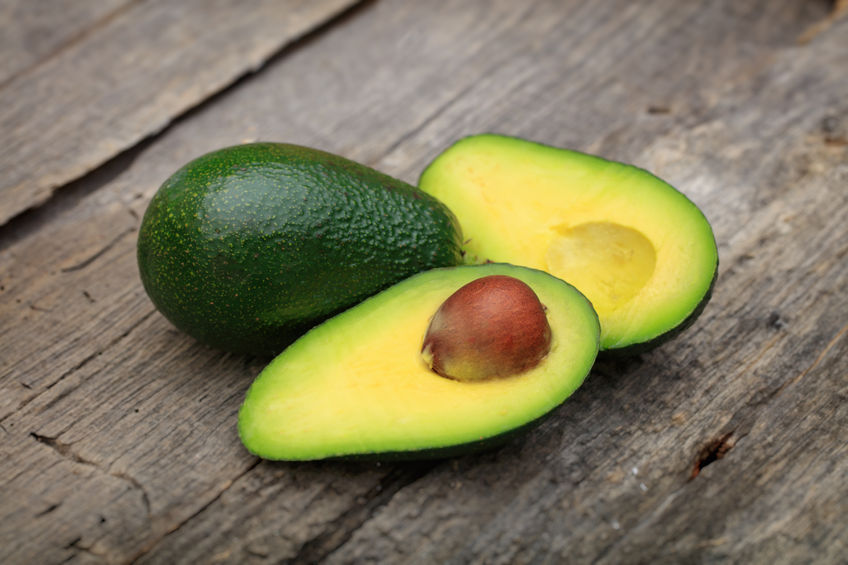
The meat industry has been urged to innovate as a new report shows it is meat-eaters who are driving sales of vegan products because they are keen on trying "something new".
Vegans make up just two per cent of the UK population – but the appetite for meat and dairy alternatives is growing as more and more people look for a wider variety of meals.
According to a new report launched this week by the AHDB, there are currently more plant-based products than ever before, with supermarkets cashing in on this latest food fad.
However, sales are being driven, not by vegans, but by meat-eaters keen to try ‘something new’.
Therefore, the meat industry is being urged to look at new and innovative ways to market meat and dairy products and work together throughout the supply chain to stay in favour with consumers.
The report looks at the factors driving media attention to the plant-based food trend and how this will impact future prospects for the meat and dairy industries in the UK.
AHDB Senior Consumer Insight Analyst, Susie Stannard said: “Only a tiny minority of the population are actually vegan, with meat and dairy remaining cornerstones of the British diet. But veganism receives a disproportionate amount of media attention and we wanted to explore what’s driving this attention and how it plays out in the marketplace.”
Meat-eaters
According to AHDB/YouGov’s consumer tracker, the vast majority of the population regard themselves as meat-eaters – with figures from Kantar showing that 91 per cent of British households purchase red meat.
A total of seven per cent of the population classify themselves as vegetarian, with four per cent pescetarian (only eating fish and dairy) and just two per cent vegan.
Flexitarians – who cut down on meat consumption for health reasons – make up a further seven per cent of the population.
Vegans generally tend to be young females – with over half of the vegan population under the age of 35. According to research by Harris, most vegans are fairly new, with one in three following the diet for less than 12 months.
Ms Stannard added: “In our recent qualitative research on young consumers, we found that although many young people were open to veganism and found the ideals aspirational, when they actually tried it they encountered barriers in terms of cost, taste and how it made them feel.
“But we found that many more people are interested in taking on board some elements of a plant-based diet even if they are not willing to commit full-time.”
Research shows a high crossover in the purchase of meat and dairy alternatives, with almost half of Quorn sales being made by meat-eaters.
Figures also show that 45 per cent of dairy alternative occasions also feature a dairy product. This suggests that much of the consumption is driven by consumers keen to try something new.
Food manufacturers and retailers have been quick to spot and respond to the growing demands for plant-based alternatives to meat and dairy. Meat substitute product launches accounted for almost 14 per cent of all new ‘meat’ launches tracked in Western Europe.
Meat nutrients
However, even though there are more plant-based options than ever before, it remains a difficult diet to stick to permanently, according to the report.
Lots of the nutrients readily available in meat and dairy are more difficult to get from plants, the report added.
According to the National Diet Survey, young women are not eating the recommended levels of red meat. Globally, anaemia is the biggest nutritional deficiency and in the UK, between two and five per cent of men and non-menstruating women suffer with the condition – with a much higher figure among menstruating women.
Ms Stannard added: “There are changes on the horizon but, as yet, British consumers, by and large, are maintaining their desire to eat meat and dairy. But there are opportunities to be had in moving beyond commoditisation of meat and dairy and looking towards more brand and solution-led marketing.
“We have also found that in order to retain consumers’ trust in and demand for meat and dairy production, the industry will need to commit to working together throughout the supply chain.
“Investment in driving down environmental impacts, more ethical methods of production and paying closer attention to product quality will cost more in the short term but, if meat and dairy alternatives end up being a viable, acceptable tasting and cost-effective option for consumers, then this could become the price of entry,” she said.
